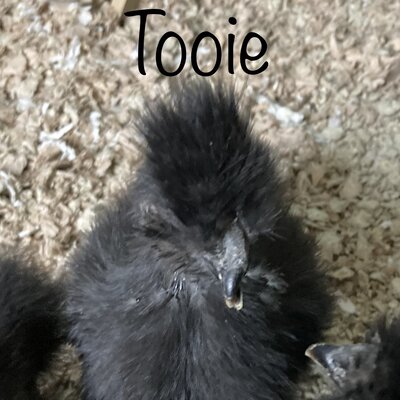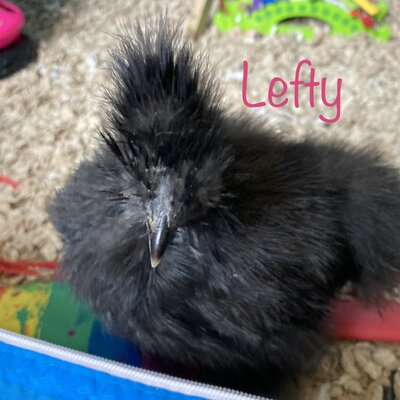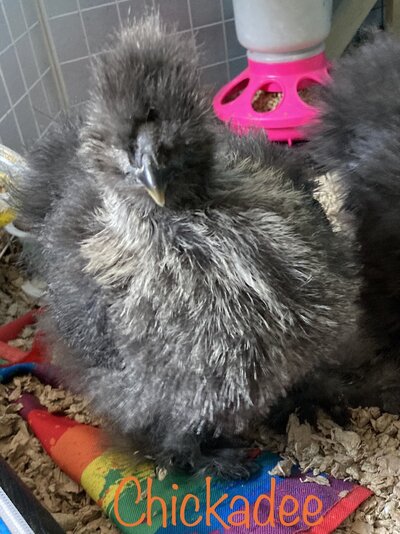- May 10, 2014
- 36
- 5
- 79
I hatched 8 silkies a month and a half ago. I was hoping some of them would be good to start breeding with. I'm not planning to show them necessarily, but I don't want to breed serious genetic problems. Anyway, 3 of the chicks have weird beaks. One is an obvious cross beak and the other two are pointed off to one side. The person I bought the eggs from said it's an incubation problem, and they haven't hatched any chicks with beak problems. Can I trust that? I've included pictures of the chicks.




